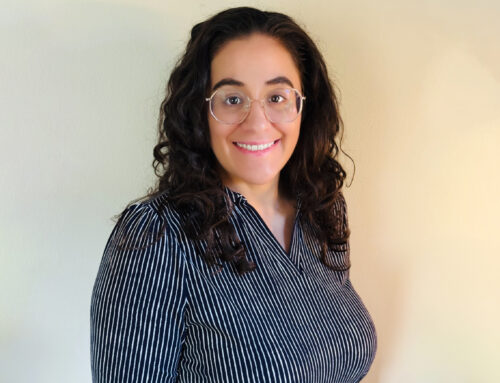Before starting therapy, or even when you’re in therapy, you might find yourself asking: how do I get the most out of therapy? Or, is therapy effective? The answer to both questions is: it depends on you!
Therapy isn’t something that is going to fix everything you dislike about your life overnight. However, it can help you reach a place where you better understand yourself, helping you feel more in control of your emotions and the way you go about your day-to-day life. When you are able to go about your life in a way that feels good to you, you can experience significant transformation!
In order to make therapy as effective as can be so that you get the most out of it, here are 7 tips.
-
Come ready for change or improvement
While you certainly don’t have to be experiencing a crisis or have gone through a recent trauma to seek out therapy, there’s no reason to go to therapy if you want everything in your life to stay the same. Perhaps you’re looking to improve your communication skills, have more control over your anxiety, or work on drawing boundaries with friends and family. No matter what, therapy is most effective when you are interested in changing or improving your life.
-
Come with an open mind
In therapy, you will learn a lot about yourself and there’s a good chance that learning about yourself will bring up intense feelings and emotions. Therapists will also give you feedback on what you share and if you are defensive or resistant to what they say, you’re not going to benefit from therapy. Keeping an open mind to not only your feelings and thoughts but also to what your therapist says is important if you want to get the most out of it.
-
Be honest
This one may seem obvious, but it’s still worth saying! In therapy, shame and guilt can get brought up and sometimes this leads to you not wanting to share the truth. While it may feel more comfortable to lie, it’s not going to help you in the long run! When you aren’t honest with your therapist, you’re doing yourself a disservice. Your therapist can’t help you work through something they don’t know about! Remember your therapist is there to help you, not judge you! If you’re looking to get deeper in therapy or make your therapy sessions more productive, sharing everything that’s going on is key.
-
Be ready to learn new skills
Often, a therapist will teach you a new skill or technique to help you. This may look like a breathing exercise, a journal prompt, or a communication skill to use the next time you get upset. If you’re not willing to take new approaches or try new techniques, you’re not going to benefit from therapy! You can’t get anywhere new doing the same thing, so when preparing for therapy or in trying to get the most out of it, be ready and receptive to learning new things!

-
Ask questions
Therapists will help you reason through certain thoughts, provide feedback, and offer techniques and tips to implement on your own. If you’re uncertain about anything your therapist is saying, ask for clarification! Again, therapy is for YOU! If you’re confused about what your therapist means by something, that’s certainly not going to help you! So don’t be afraid to ask questions so you can gain clarity and get the most out of your therapy session.
-
Do your homework
Sometimes a therapist may assign work to do outside of a therapy session. Make sure you do it. If you’re committed to the process of learning about yourself and creating the life you want, it’s not going to happen on its own. A good therapist doesn’t assign work for work’s sake, rather they may give you an exercise or an activity because they believe it will benefit you. If you want to get the most out of therapy, always do your homework! If the homework wasn’t helpful, communicate that to your therapist.
-
Set up self-care
Therapy tends to bring up a lot of emotions. You may come out of a session feeling upset or emotionally fatigued. That’s totally normal! However, you want to make sure to support yourself and give yourself space to process the emotions brought up in your session. If you notice after therapy that you need alone time or extra rest, schedule that in for yourself. Setting up routines to support yourself will help you integrate the information discussed in a therapy session and help you not feel emotionally overwhelmed. It’s also something you can talk to your therapist about to brainstorm ideas for self-care! While a good therapist will ensure you feel stable when you leave, it’s always beneficial to pencil in time for yourself if it’s something you know you need.
Need some ideas for self-care? Check this out!

Therapy is not a magic cure that will solve all of your problems overnight. However, if you continue to show up, be open and honest, and put in the work, you’ll be amazed at how your relationship with yourself and others transforms!
Want to learn more about first steps to take when finding a therapist? Check out these two articles:
Tips for Getting the Most out of Therapy
Curious about what counseling services we offer? Check them out here.






